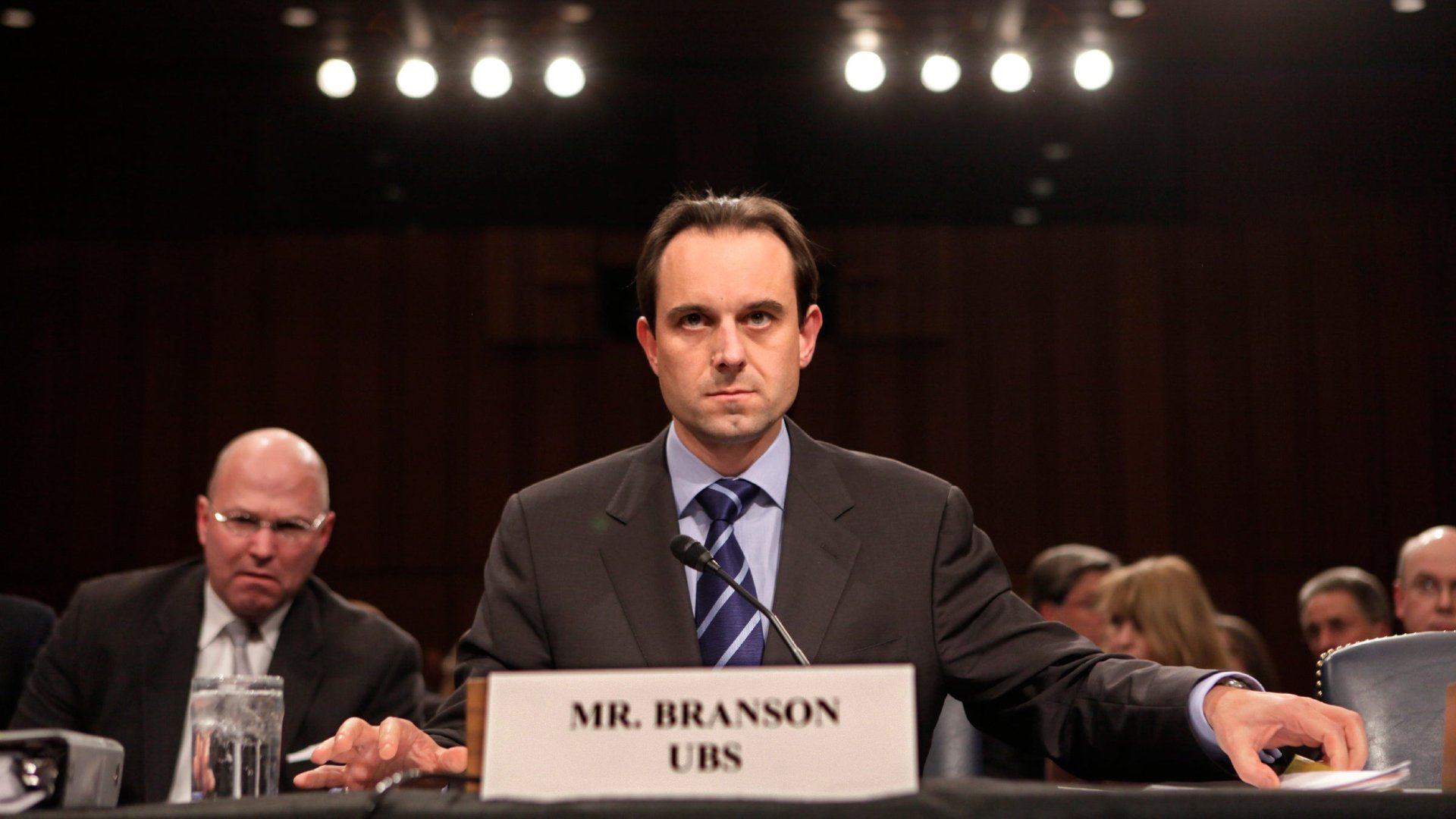There’s no good reason to allow secret tax havens
As the saying goes—when things seem too good to be true, they often are. And so it is with tax haven secrecy.


As the saying goes—when things seem too good to be true, they often are. And so it is with tax haven secrecy.
For decades, government officials in Washington, London, and other Western nations were in agreement: Tax havens and anonymous shell companies were beneficial, or so the logic went. Regulators at the US Federal Reserve and the Bank of London saw trillions of “foreign” dollars flowing into American and British markets from offshore tax havens. Surely, that was a good thing. If a bunch of anonymous shell companies and disguised bank accounts want to funnel enormous wealth into the American and British economies, why ask questions? What’s the worst that could happen?
The ongoing financial turmoil in Europe and the languishing global economy make a mockery of that logic as Jeffrey Sachs points out in the Financial Times today. Global Financial Integrity estimates that tax haven secrecy and anonymous shell companies ferreted $261 billion in illicit money out of the Greek economy from 2003 through 2009 while draining $138 billion in illegal outflows from Portugal between 2005 and 2009.
These outflows cost governments billions of dollars in lost tax revenue, as policymakers in Athens, Lisbon, Rome, and Madrid are forced to cut public funding for education, healthcare, and transportation, among other things. Not even the United States is immune—with a US Senate committee estimating that tax haven abuses cost American taxpayers an estimated $150 billion per year at a time when countless federal employees are being furloughed.
While battles over government budget deficits dominate the media coverage, tax havens pose a much bigger problem. They facilitate bribery, they enable sex slavery, and they foster terrorism. As Sachs notes, “the havens serve countless purposes, yet not one is for the social good.”
This is not news to people in the developing world, who hemorrhage nearly $1 trillion annually in illicit outflows due to tax haven secrecy. Countless African nations, for example, struggled for decades to fight poverty, only to be thwarted by systemic corruption, criminal gangs, and widespread tax evasion.
It wasn’t until the tax haven scourge came crumbling down on Western economies in recent years that world powers began to focus on curtailing the problem.
British prime minister David Cameron has made the tax haven menace a priority of the G8 summit this summer in Northern Ireland. World leaders should adopt the multilateral automatic exchange of tax information globally between jurisdictions as the global standard. A number of European nations announced earlier this month that they would begin doing this; the rest of the G8 should now join them.
Finally, the true, human owners of all companies, trusts, and foundations should be disclosed in public registries as Cameron endorsed this week. These phantom firms are the number one tool for laundering the proceeds of crime. The G8 must put an end to them.
Tax haven secrecy and anonymous shell companies jeopardize every aspect of society on a grand scale. The solutions are simple. Action should be too.